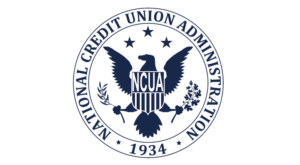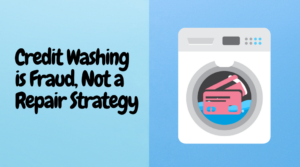 Question: I had a credit card (Capital One) charged off in 2009, I did not receive any more statements from them. Several months later I received a letter from a collection company trying to collect on it but it amount had grown, to which I asked for verification.
Question: I had a credit card (Capital One) charged off in 2009, I did not receive any more statements from them. Several months later I received a letter from a collection company trying to collect on it but it amount had grown, to which I asked for verification.
I received a letter from the credit card company saying they could not provide the information I needed without more info from me (account number, address, etc.). Next month I get a new statement with a higher amount (interest charges) then no more. A year later a different company was trying to collect again —- same turn of events as before.
Now I have a law firm saying they have been retained by Capital One — again I sent a letter saying their claim is disputed and validation is requested along with original creditors name and address.
I received a letter from them (law firm) they have validated it by sending copies of original statements from when it was charged off and a bunch of statements since. Is this proof of validation? How should I proceed?
Can Capitol One still charge interest if the account has been charged off? My credit report has shown Capitol One as a charge off with the original balance and now all of a sudden that amount has grown to reflect the collection letter. Since this is a law firm retained by Capitol One do I negotiate with them or Capitol One? Thank you in advance.
Answer: You have asked several questions. I will try to address most of them. First, as you have probably encountered, the FDCPA does not succinctly spell out what constitutes debt validation. I like to think of debt validation documents in the terms of “would this stand up in a court of law as sufficient proof that a debt is owed”; because at some point in time you may have to pursue legal action.
Original statements are a form of proof; however they fail to sufficiently provide more important information such as how the amount being demanded has been calculated. The provided statements do not contain a full payment history and accounting of all payments made by you, dates the payments were made, accrued interest and fees assessed once you ceased making payments. They are simply just statements.
How are you supposed to determine the method used to calculate the amount they are stating you now owe? It is really in your discretion whether or not you feel the provided proof as debt validation is sufficient. But I strongly feel the demand letters and debt validation documents fail to state how the amounts were calculated; and, if the amount requested is based on a contract between you and Capital One.
A more appropriate document may have been the original signed contract but that too does not tell you what you have a right to know, “how the current amount requested was calculated.” You can always make a 2nd attempt at debt validation asking for more specific documents which show how the amount owed was calculated. Just keep in mind, if the debt is still under the Statute of Limitations, you can be sued.
Second, typically a charge-off account balance does not change. But as long as an account remains unpaid, they can still charge interest for the account. And, odd as it may be Capital One has been resurrecting old, written off debts and in some cases sending statements to account holders. You may at some time get a current statement from Capital One.
Capital One may be complying with Federal Reserve’s Regulation Z, Section 226.5(b)(2), which requires credit card issuers to send a statement for each billing cycle if they are still charging interest or fees for the account; even though the rule states a periodic statement need not be sent for an account if collection proceedings have been instituted.
The increased amount on your credit report may be a result of Capital One using the new rule to keep charge-off account holders on the hook for payment even as the charge-off accounts bounce from one junk debt buyer to the next, as in your situation.
Negotiating with Capital One is really up to them but it would not hurt to try, especially if your desired outcome is to get the charge-off removed. Negotiating with the debt collection law firm could result in the collection account being removed but it would not result in the charge-off, from Capital One, being removed.
When contacting Capital One you want to negotiate with someone in upper management to remove the charge-off in exchange for payment. They may refer you to the debt collection law firm but I would insist on dealing with them directly.
Get the pay for deletion agreement in writing by immediately requesting the person you spoke with fax or email you a copy of the agreement on company letterhead. If that is not possible get the name, title, mailing address and telephone number of the person you spoke with and mail a copy via certified, return receipt mail. Good luck to you.


















